Resiliency In The Field
"The Ethics of Self-Care"
Self-care is an imperative, if not an ethical obligation, within the spectrum of social services. How can we care for others if we are divorced from caring for ourselves? If we do not attend to our own wellbeing, caring for other becomes meaningless, as we would have nothing to give. We cannot give of ourselves if we have no self to give.
In the words of Craig Irvine*, “I am to care for my hands if I am to lift the fallen; my heart if I am to love the stranger, my mind if I am to cure the ill, my eyes if I am to find the lost, and my soul if I am to guide them home.”
Unfortunately, most professions within social services provide little to no instruction on how to care for the self. Mere cognitive understanding of such afflictions as ‘vicarious trauma’ and ‘compassion fatigue’ does not safeguard ourselves from the experience. Unfortunately, professional culture has little space for personal becoming.
Vulnerability
Teaching self-care strategies delves beyond activities that are perceived to foster wellbeing. To create ‘resiliency in the field’ we need to permission ourselves to share our inner vulnerability.
Telling our story: The narrative
A very effective way is to attend to our experiences through the narrative, in effect telling our story. Conducted within a safe environment and to a compassionate audience of aligned professionals and management, we can serve to understand, create and recreate ourselves.
Ritual and practice
This session utilizes ritual and practices from the collection of education and trainings offered through Rami Shami Consulting to tailor self-care imperatives that harvest a deeper sense of wellbeing with professional caregivers and management.
*Craig Irvine, 'The Ethics of Self-Care', pg. 127 - 128. T.R. Cole et al. Faculty Health in Academic Medicine. Humana Press.


